he stormy relationship between a painter and an Italian film actress is seen through the eyes of another young couple in Philippe Garrel’s latest exploration of twisted emotional ties. An aspiring actor and self-professed revolutionary, Paul is working as an extra when he falls in love with another bit player in the film, the emotionally fragile Elisabeth. Around the same time, Paul meets the painter Frédéric (Louis Garrel) through a mutual friend, and Frédéric soon invites Paul and Elisabeth to Rome to stay with him and his Italian wife Angèle (Monica Bellucci). In the heat of a Roman summer, Paul and Elisabeth face the delicate start to their new love while Frédéric and Angèle’s begins to implode. Shooting in full color after several productions in black and white, Garrel allows the actors to give full range to the troubled passions that rule and rile their characters. The film was reportedly inspired both by the death of a friend of Garrel’s and by Jean-Luc Godard’s Contempt. Written by Philippe Garrel, Marc Cholodenko, Caroline Deruas-Garrel, Photographed by Willy Kurant. Music by John Cale. With Louis Garrel, Monica Bellucci, Jèrôme Robart, Cèline Sallette. In French with subtitles. 95 mins. Distributed by IFC Films.--SFFS blurb.



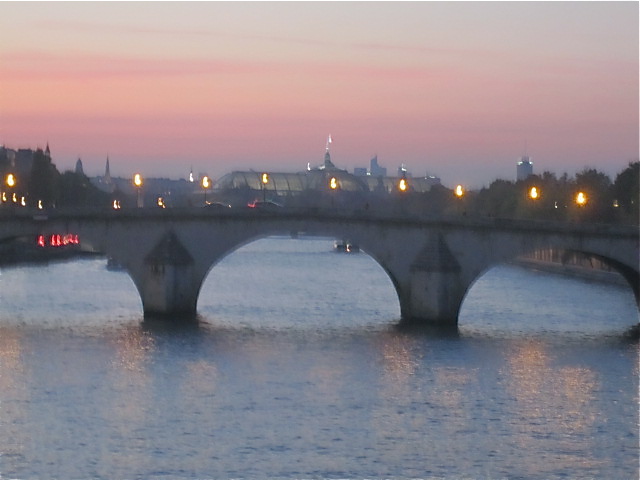

 Reply With Quote
Reply With Quote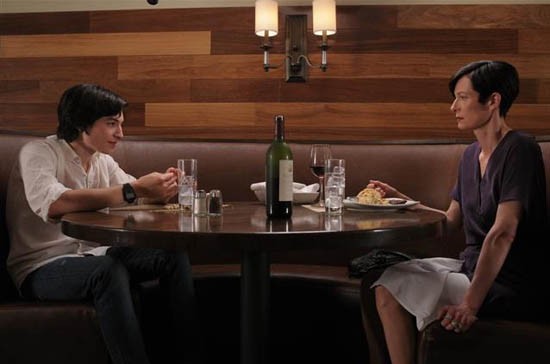
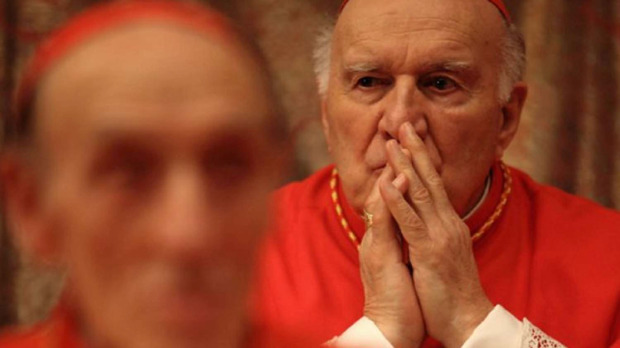
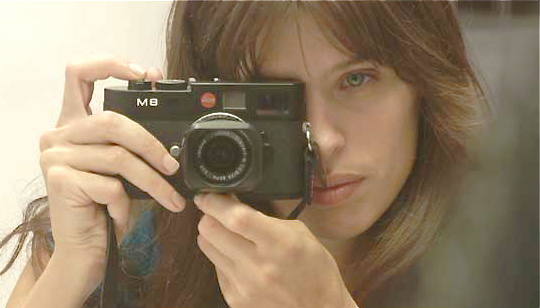
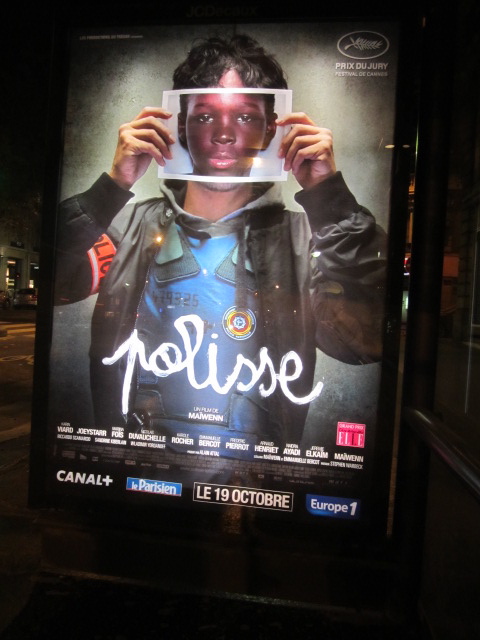
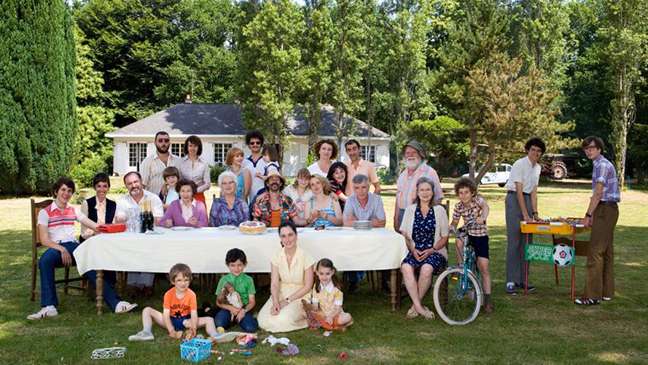
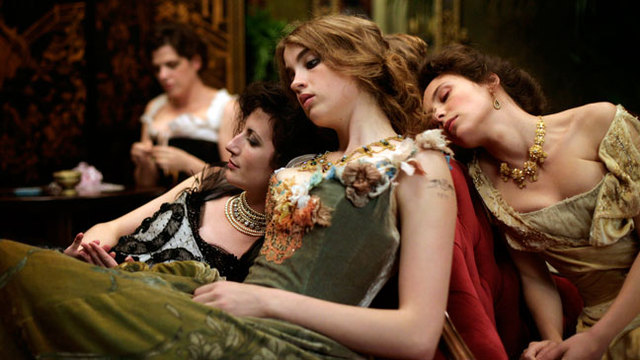
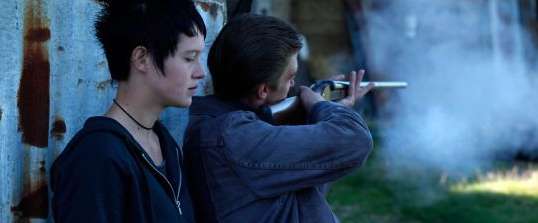
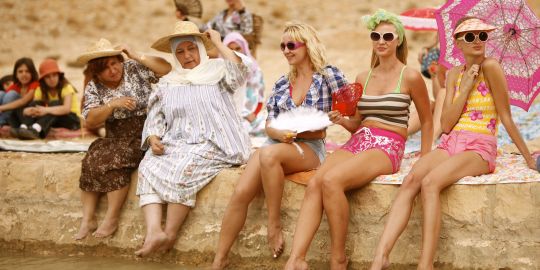
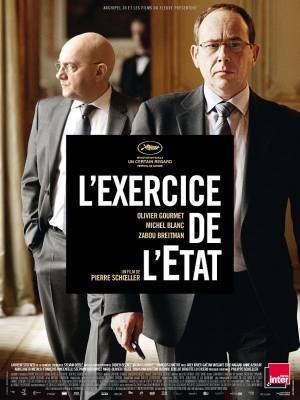
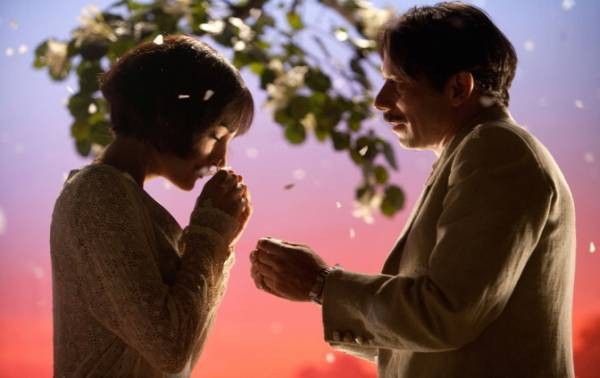
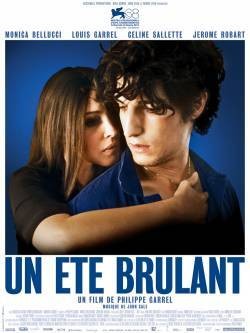

Bookmarks